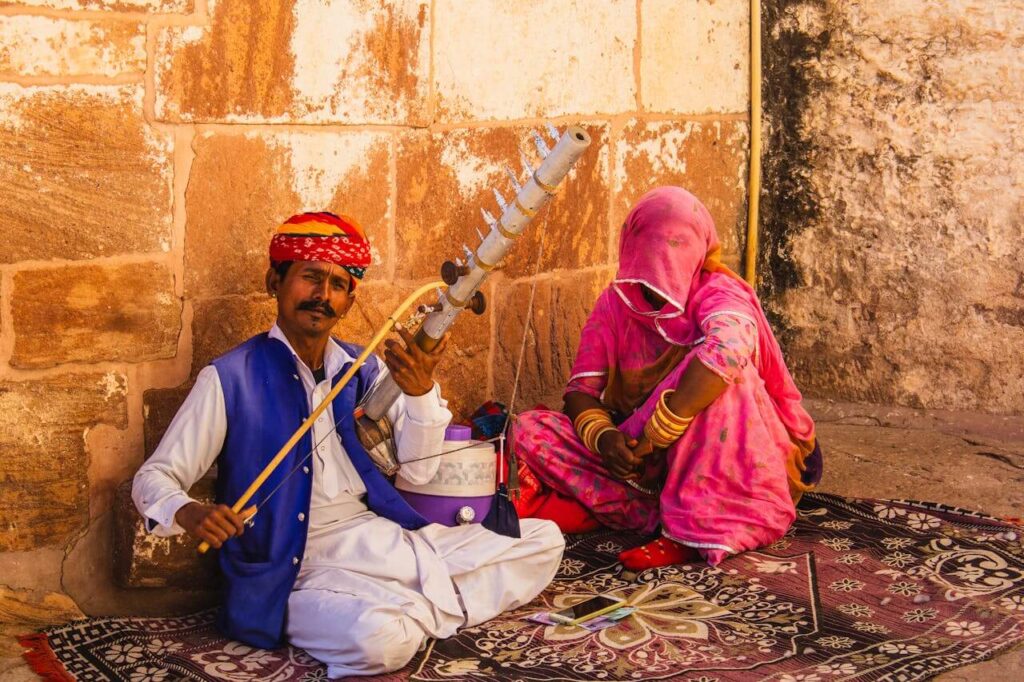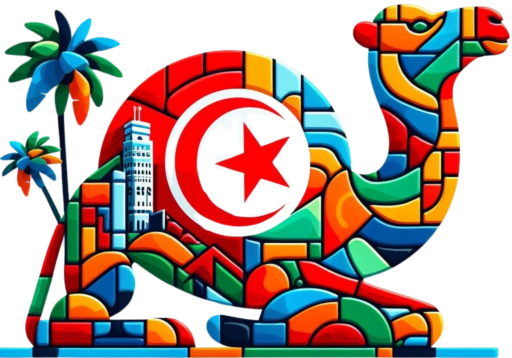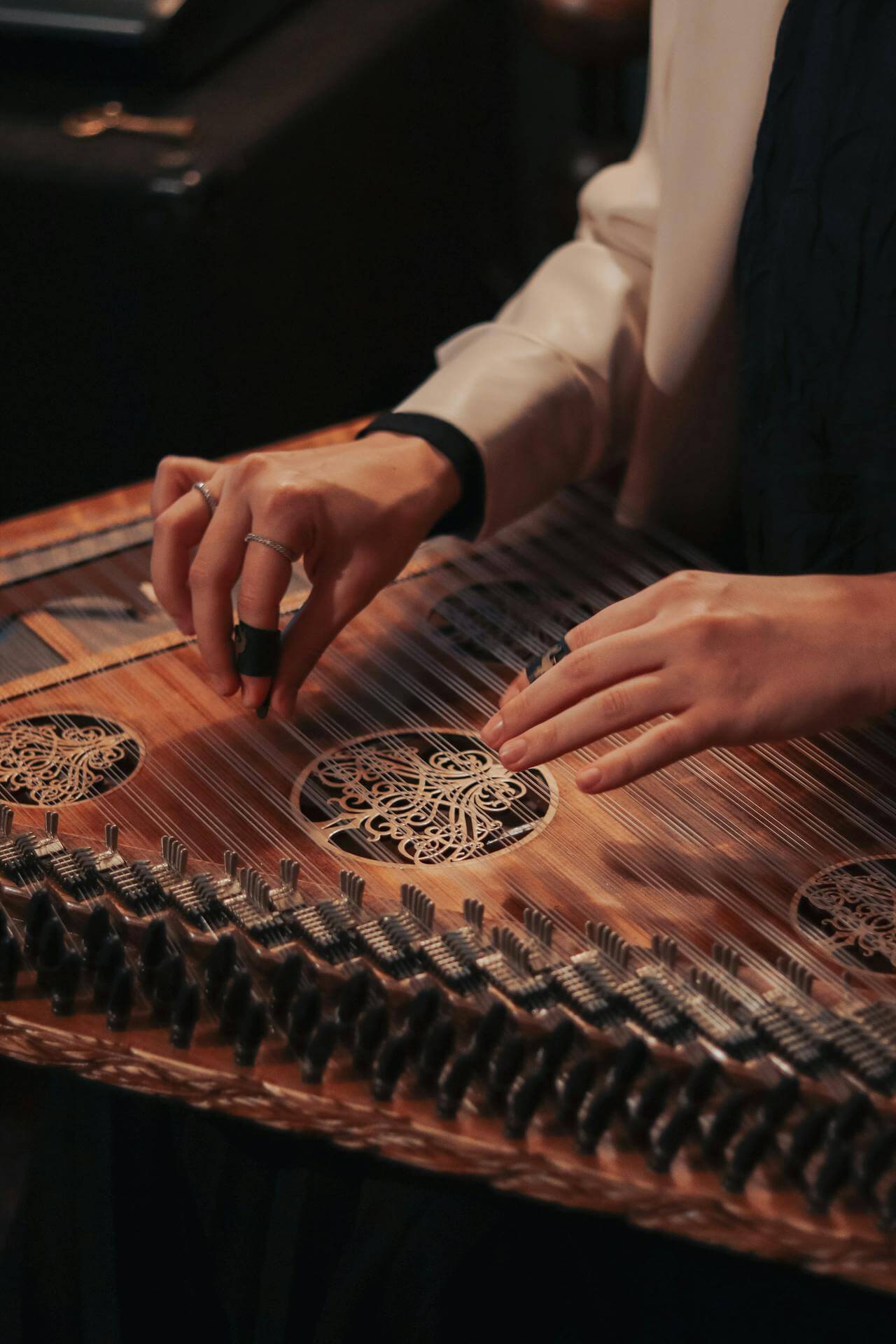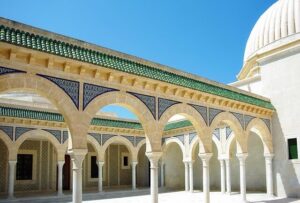Introduction to Tunisian Music
Music in Tunisia is one of the most fascinating art forms of the country, a bridge between the past and the present. This cultural expression combines traditional instruments, classical Arabic melodies, and modern influences.
With the evolution of modern music, the country has found its own musical identity that captivates both citizens and visitors. Various genres, such as traditional malouf, blend with jazz, pop, and rap.
Whether at a local festival or broadcasted on the radio, music in Tunisia is a central element of daily life, merging historical heritage with artistic innovation.
Traditional Tunisian Music
Traditional music, known as malouf, represents the heart of the country’s musical culture. This genre is deeply rooted in Andalusian traditions and is often accompanied by iconic instruments such as the oud and qanun.
The world of malouf is characterized by:
- Musical structures intricately organized into suites.
- Themes related to love, spirituality, and human life.
- Live performances at local festivals and traditional celebrations.
Although malouf is the starting point, music in Tunisia also includes other traditional genres such as stambeli, a fusion of African rhythms and Arabic melodies.
Modern Tunisian Music
Modern music reflects a natural evolution of traditions mixed with Western influences. In recent decades, Tunisian artists have experimented with genres such as jazz, electronic, rap, and pop, bringing Tunisian music to an international level.
Among the most significant musical movements:
- Tunisian Rap: A growing phenomenon, used to express social and political themes.
- Fusion Jazz: A unique combination of traditional instruments and contemporary jazz rhythms.
- Electronic Music: Festivals like Les Dunes Electroniques promote emerging artists in the Tunisian electronic scene.
This embrace of modernism demonstrates how modern music manages to keep traditional roots alive while pushing towards the future.
The Role of Music in Tunisia
Music in Tunisia plays a vital role in the country’s cultural identity. It is intrinsic to family events and national celebrations, such as weddings, Ramadan festivities, and regional festivals.
Iconic music events include:
- Carthage Festival: Brings together international artists and Tunisian musicians.
- Tabarka Festival: A meeting point for jazz and world music enthusiasts.
- Les Dunes Electroniques: Celebrates electronic music among the stunning dunes of the Tunisian Sahara.
Music continues not only to entertain but also to educate, uniting the community and showcasing the country’s cultural richness to the world.
Renowned Tunisian Artists
The music scene is enriched by talented artists who have taken modern Tunisian music beyond national borders:
- Emel Mathlouthi: Known as “the voice of the revolution,” she combines social messages with avant-garde melodies.
- Balti: A pioneer of Tunisian rap, known for addressing social themes in his music.
- Zied Zouari: A violinist exploring a unique fusion of classical and jazz music.
These artists demonstrate the variety and depth of music in Tunisia. Each has contributed to shaping the country’s musical identity.
Conclusion
Tunisian music, with its rich history and rapid evolution, represents a true gem of Mediterranean culture. From the tradition of malouf to vibrant modern music, it continues to inspire and evolve.
If you want to explore further, read more on the dedicated global music culture site BBC Music.
We leave you with a short video on the topic.






